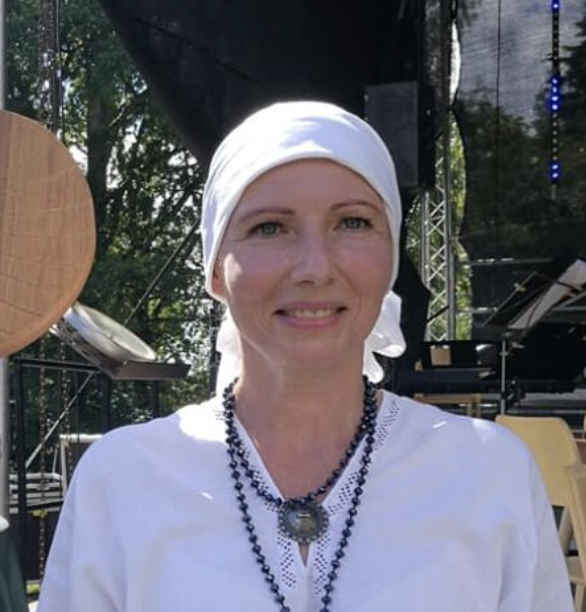
“The Finno-Ugric Capital of Culture year inspired the Mulgi people to work together, took Mulgi culture to UNESCO and created something that will endure!”
The year of Finno-Ugric Capital of Culture placed the Mulgi people and Mulgimaa – the Mulgi region – firmly on the Finno-Ugric map, raising visibility of Mulgi cultural heritage and language both in Estonia and internationally. The organizing team delivered an impressive cultural programme despite numerous restrictions due to the Covid-19 pandemic. Inspired by the cultural capital year, Mulgi community submitted a key element of Mulgi culinary heritage – the Mulgi puder – to UNESCO’s Representative List of the Intangible Cultural Heritage of Humanity, which led to an inscription in December 2024.

“The Finno-Ugric Capital of Culture year inspired the Mulgi people to work together, took Mulgi culture to UNESCO and created something that will endure!”
Maaleht 31.01.2021 „Abja-Paluoja will soon become the cultural capital of 25 million Finno-Ugrians https://bit.ly/2MY5j5v [in Estonian]
Õhtuleht, 13.02.2021 „GALLERY | This year’s Finno-Ugric Capital of Culture is Abja-Paluoja“ https://bit.ly/2Nx5dlc [in Estonian]
Sakala 13.02.2021 „Estonian presidents expressed concern in Abja-Paluoja about kindred peoples” https://bit.ly/2ZfRnGA [in Estonian]
Delfi 13.02.2021 „PHOTOS | “Small Abja-Paluoja became this year’s Finno-Ugric Capital of Culture” https://bit.ly/2ZcQePY [in Estonian]
ERR News „Abja-Paluoja became the Finno-Ugric Capital of Culture for a year” https://bit.ly/3pt9WBM [in Estonian]
Sakala, 16.06.2021 “Mulgi people went to the Finno-Ugric World Congress” https://bit.ly/3zYWrQT [in Estonian]
Sakala, 17.06.2021 “GALLERY: Mulgi people visited the Finno-Ugric World Congress” https://bit.ly/3xXrvOX [in Estonian]
ERR Aktuaalne Kaamera 31.07.2021: “Mulgi Festival brought together approximately 1000 performers and just as many audience members” https://bit.ly/3g79Q10 [in Estonian]
Sakala 24.11.2021 “Mulgimaa will hand over the title of Finno-Ugric Capital of Culture to Udmurtia” https://bit.ly/32uwcFD [in Estonian]
Sakala 26.11.2021 “The cultural capital year that took place under challenging circumstances will be wrapped up” https://bit.ly/3DXF3xk [in Estonian]
Ave Grenberg: